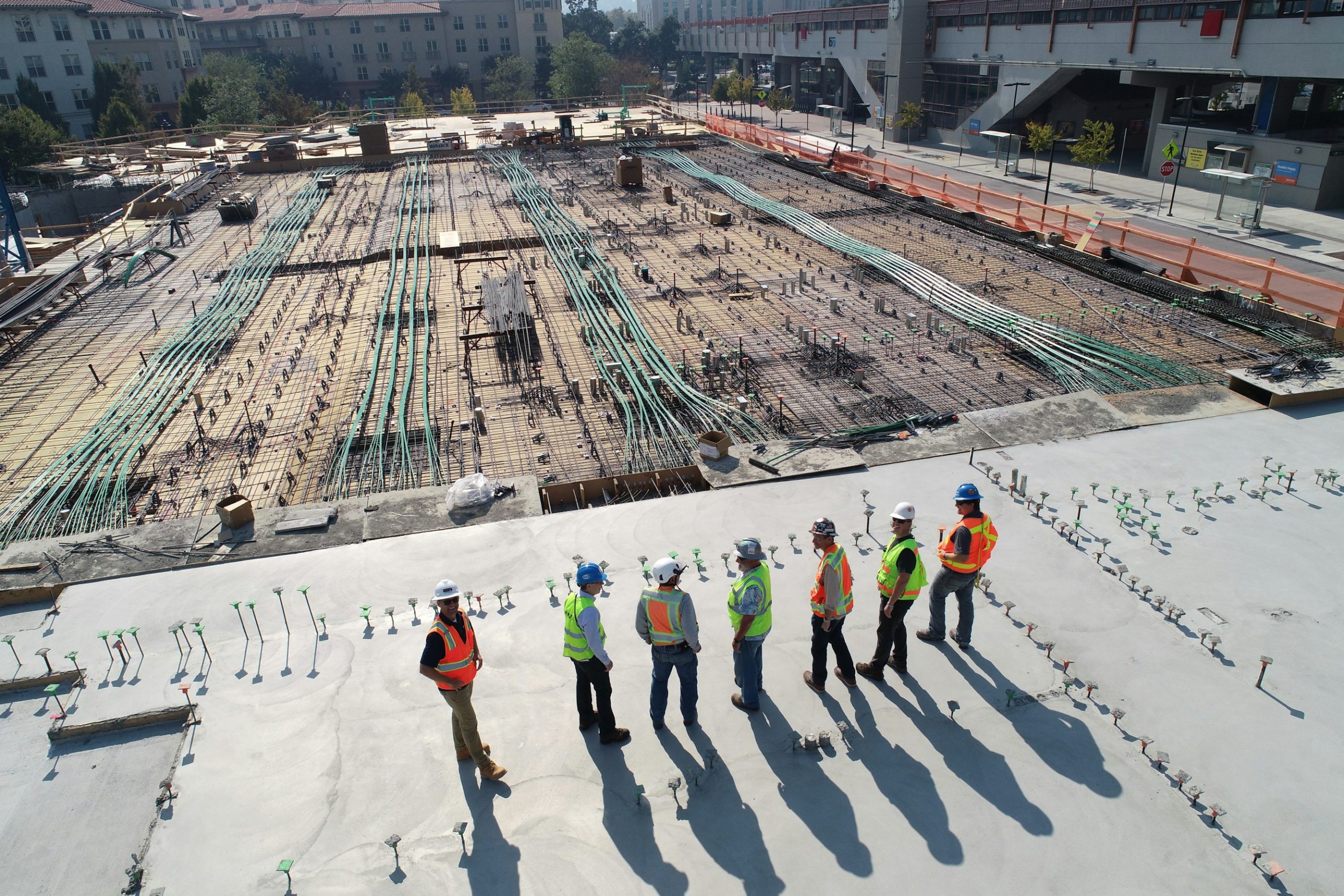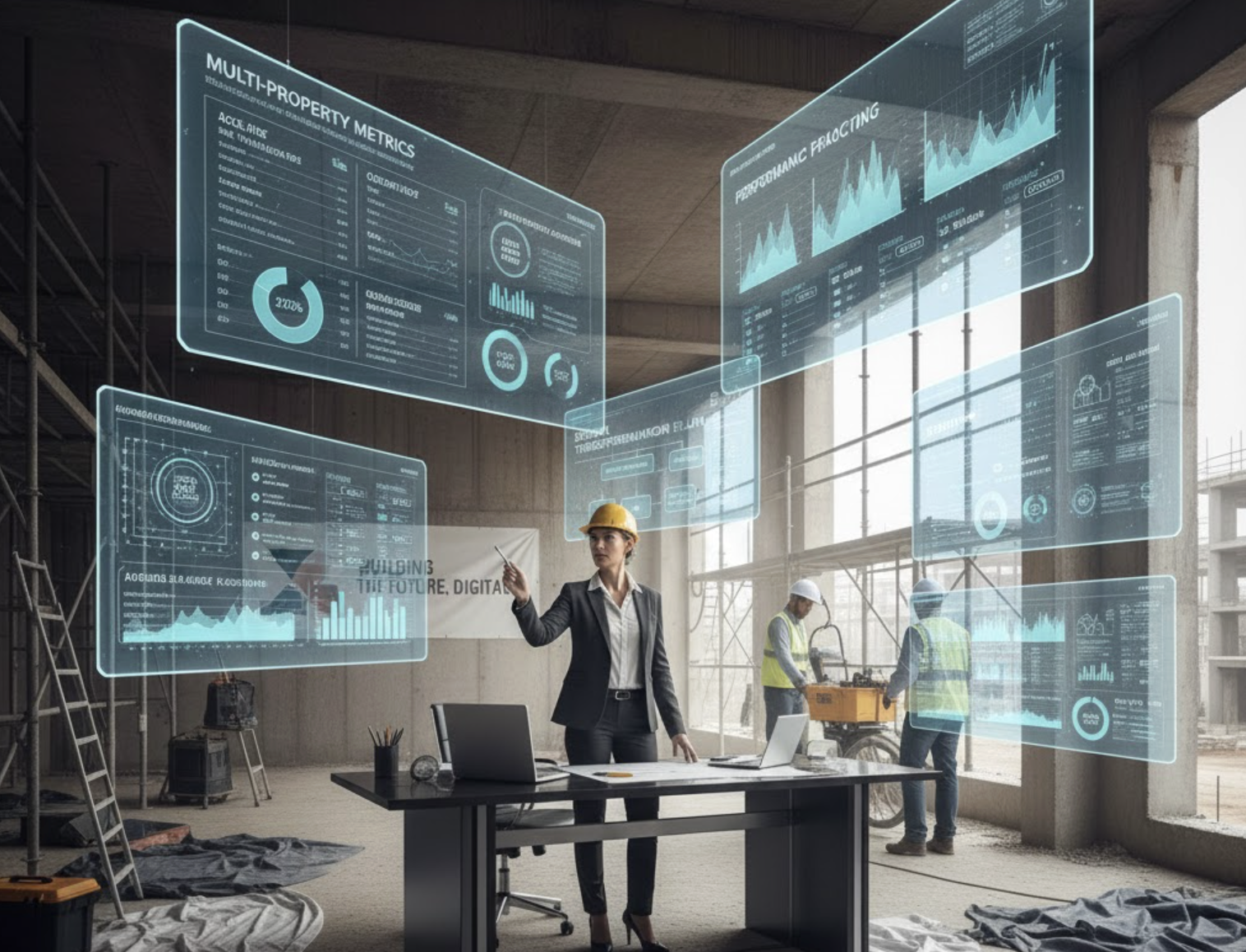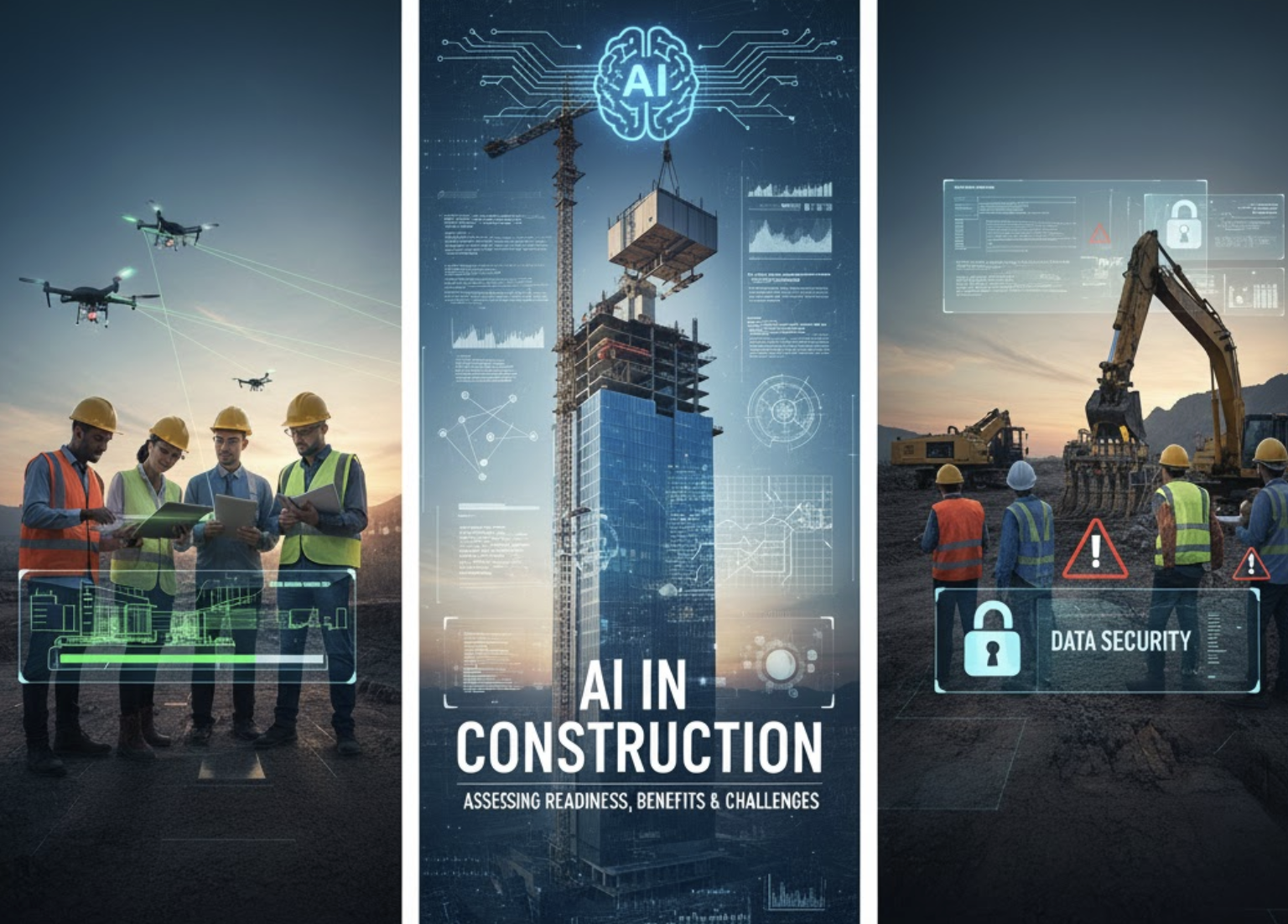AI in Construction Tendering: Why Middle East Developers Are Adopting It Fast
The integration of AI in construction tendering is significantly enhancing the pre-construction phase for developers in the Middle East. By optimizing processes like bid preparation, evaluation, subcontractor selection, and contract management, AI is driving efficiency in procurement and collaboration across various construction projects. In this blog post, we’ll delve into the various aspects of AI adoption in tendering processes and highlight how platforms like Zepth are facilitating this transformation.
Industry Drivers in the Middle East
The Middle East is currently witnessing an unprecedented scale and pace of urban and infrastructure development. Factors contributing to this surge include:
- Scale & Pace of Development: Major projects such as Masdar City in Abu Dhabi showcase the necessity for efficiency, cost management, and sustainability, making AI-powered solutions essential for modern developers.
- Government Mandates & Smart City Initiatives: Strict regulatory requirements in countries like the UAE and Saudi Arabia are driving construction firms to adopt digital and smart solutions at an accelerated pace.
- Labour Shortages & Rising Costs: With over 56% of sector professionals indicating labor shortages and 51% highlighting increasing project costs, AI-driven automation and smarter procurement become vital for enhancing operational efficiency.
Adoption Trends & Statistics
AI is swiftly emerging as a leading trend within the construction sector:
- A recent survey indicates that 57% of construction professionals in the UAE and Saudi Arabia anticipate AI will be the most influential trend shaping the industry by 2025.
- The AI market within the UAE’s construction sector is expected to grow at a remarkable 32% CAGR through 2025.
- Improvements facilitated by AI-driven procurement methods are reducing construction delays by up to 25% and expediting project approval processes by as much as 30%.
- Additionally, it’s projected that 75% of UAE firms will adopt cloud-based solutions by 2025, which could lead to a 40% reduction in documentation errors and a 15% decrease in project costs.
Use Cases in Tendering
With AI’s capabilities manifesting in various facets of the tendering process, here is how construction firms are capitalizing on this technology:
- Automated Bid Preparation & Analysis: AI technology analyzes historical cost data and risk factors, allowing the generation of more accurate bids that are tailored to requirements.
- Supplier Selection & Risk Management: Machine learning can evaluate supplier performance history and compliance, thereby refining the selection of eligible partners based on defined KPIs.
- Contract & Document Automation: These intelligent platforms expedite the generation, review, and negotiation of contracts, enhancing both the speed and legal security of agreements.
- Predictive Analytics: By forecasting trends related to material pricing and labor needs, AI equips developers with actionable insights necessary for optimizing procurement and mitigating overruns.
Best Practices & Recommendations
For successful implementation of AI-powered tendering processes, several best practices should be considered:
- Centralized Data Platforms: Adopting unified, cloud-based environments promotes real-time access to essential project data, minimizing the risks associated with data duplication and managing errors more effectively.
- Tailored AI Deployment: Customizing technological tools based on project requirements—such as integrating BIM (Building Information Modeling) and generative AI—has shown effectiveness for mid-size and large-scale developers.
- Strategic Change Management: The successful adoption of these technologies heavily depends on upskilling teams, establishing streamlined processes, and nurturing cooperation across disciplines.
Emerging Innovations
Key advancements in AI technology are reshaping the tendering landscape:
- Generative AI for Tendering: This cutting-edge technology utilizes large language models to automatically draft and refine requests for information (RFIs) and bid responses, revolutionizing automation in documentation.
- Agentic AI: Advanced AI systems can autonomously execute complex procurement tasks, minimizing manual intervention and promoting sustainable practices within construction workflows.
- Integration with Other Technologies: The synergy of AI with existing technologies like digital twins and modular construction magnifies its benefits, streamlining information flow from tendering to project completion.
Zepth’s Role in AI-Driven Tendering
At the forefront of construction digitalization, Zepth stands out as a comprehensive platform integrating AI with essential procurement functionalities:
- AI-Powered Procurement Modules: Zepth’s solutions encompass end-to-end tendering workflows, facilitating effortless automation of RFIs, intelligent bid analysis, and document management.
- Real-Time Collaboration: The platform provides access to the most current documents and project data, fostering transparency and reducing errors (see Project Management).
- Risk & Compliance Monitoring: Automated tools for assessing risks and tracking compliance ensure that developers can adapt to evolving regulatory environments and sustainability goals seamlessly.
- Vendor Management: Zepth enables ongoing performance evaluations of suppliers to ensure ethically sound partnerships (see Vendor Management).
- Document Automation: Intelligent document control streamlines contract generation and maintains an auditable procurement process (see Document Management).
Challenges & Caveats
Despite the enthusiastic adoption of AI in construction tendering, several challenges need to be addressed:
- Data Quality & Integration: The effectiveness of AI hinges on having access to accurate and comprehensive market data, which is often hindered by legacy systems and information silos.
- Skills Gap: Approximately 46% of construction professionals report a significant need for more specialized digital and AI skillsets within the industry.
- Change Management: The complexity of construction workflows can create organizational reluctance, which may delay comprehensive AI adoption. A combined approach focusing on technology, training, and organizational policy is vital for overcoming these barriers.
The ongoing evolution of AI in construction tendering offers Middle East developers not only the prospect of enhanced efficiency but also the opportunity to embrace a more sustainable and innovative future. With solutions like Zepth paving the way for seamless integrations of AI and construction management, the industry is poised for remarkable transformation.




